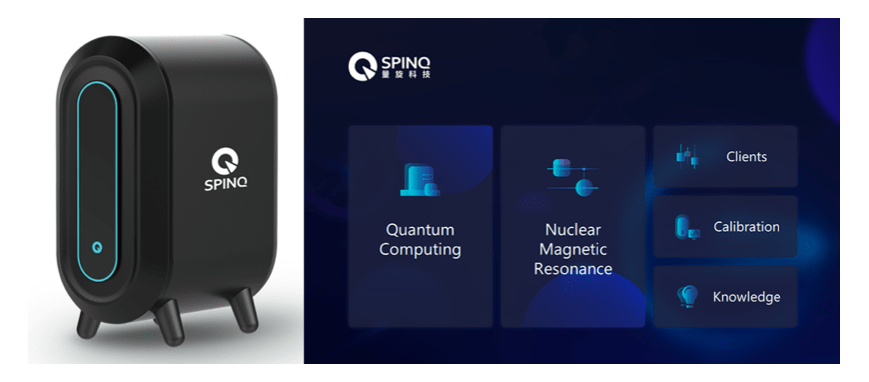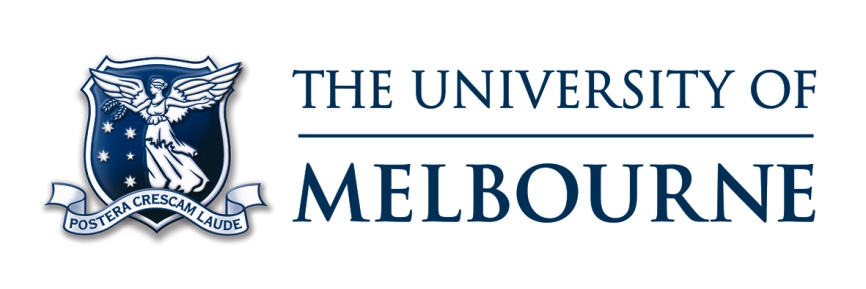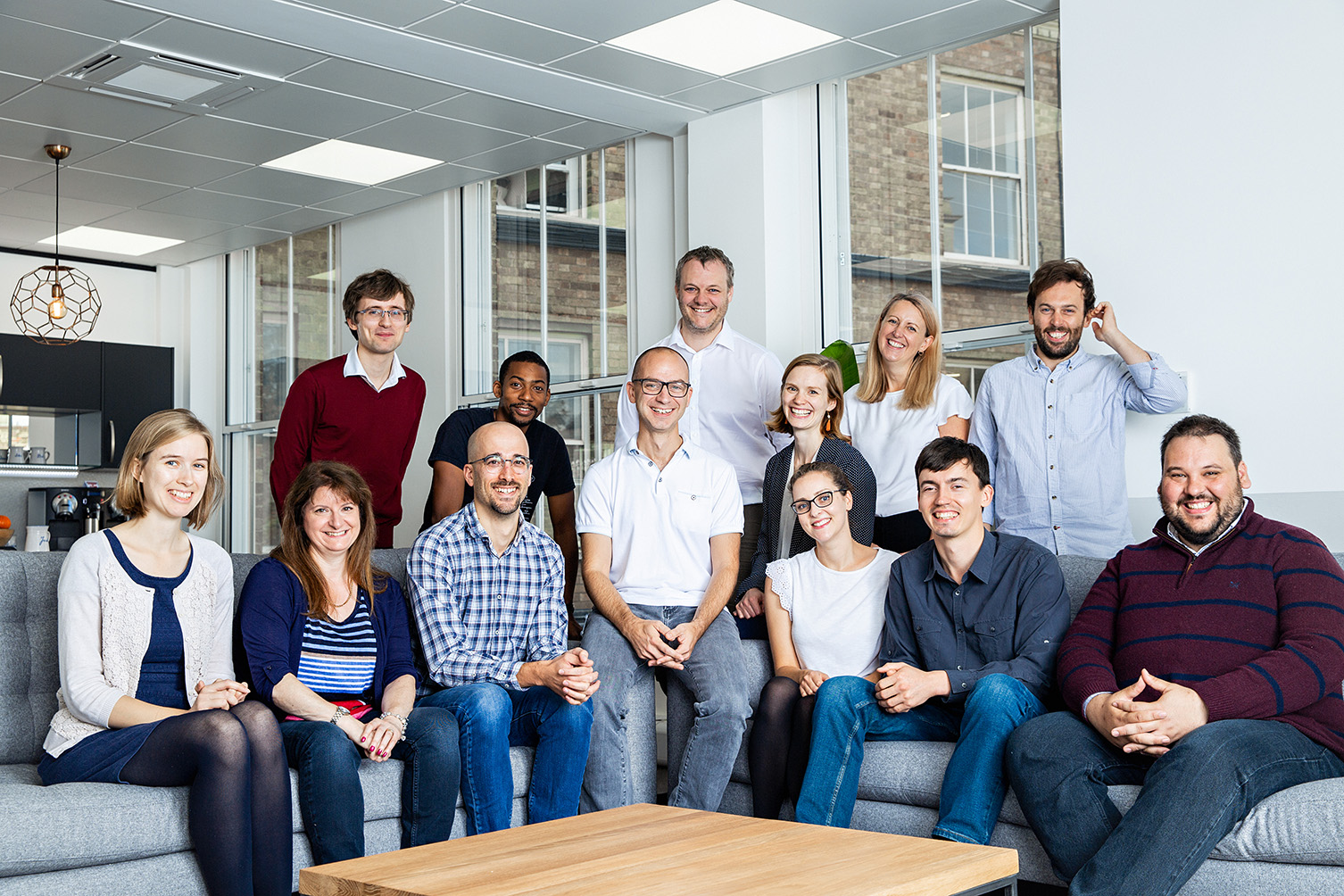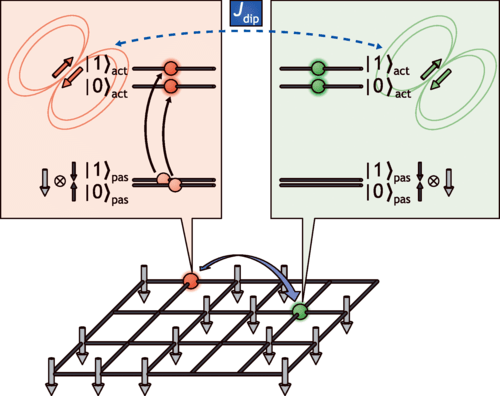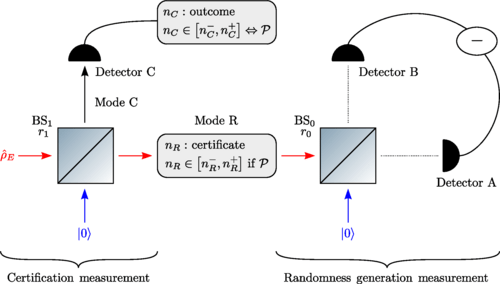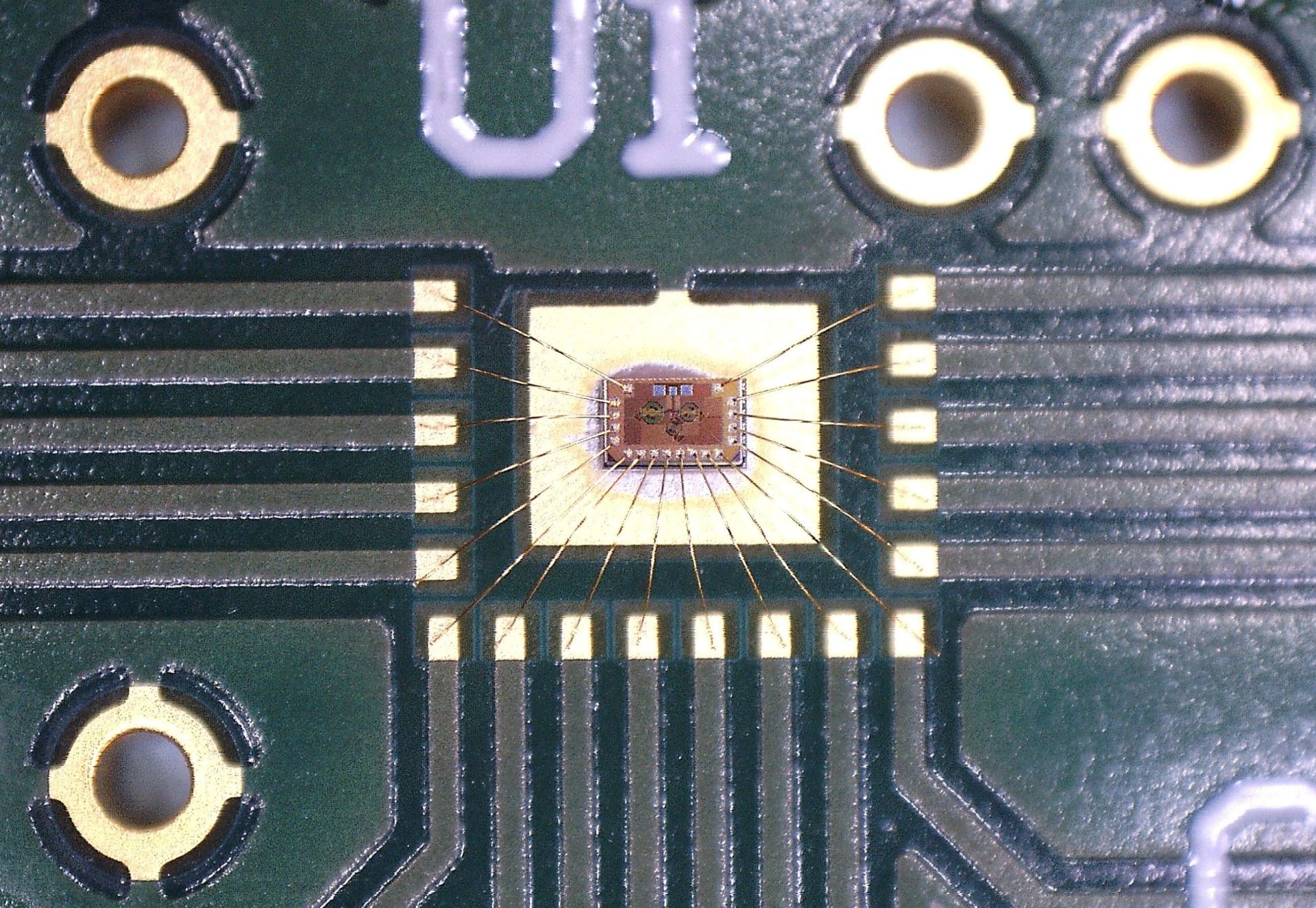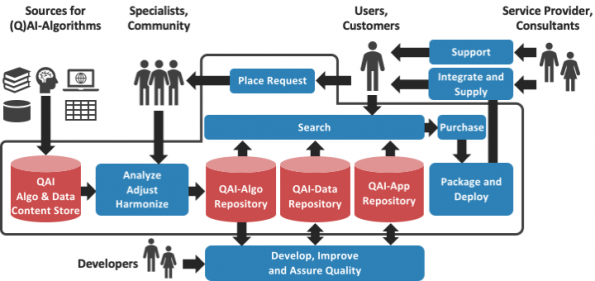SpinQ Gemini is a commercial desktop quantum computer designed and manufactured by SpinQ Technology. It is an integrated hardware-software system. The first generation product with two qubits was launched in January 2020. The hardware is […]
Hyperchaos modelization of complex quantum systems
Researchers at Loughborough University have discovered an amazing feature of qubit behavior which would allow to simulate complex quantum systems without the need for enormous computing power. They found that when an external energy source, […]
Generating and detecting Genuine Multipartite Entanglement (GME)
Generating and detecting Genuine Multipartite Entanglement (GME) of sizeable quantum states prepared on physical devices is an important benchmark for highlighting the progress of near-term quantum computers. A common approach to certify GME is to […]
Connecting qubits with a topological waveguide
Researchers at California Institute of Technology have explored how topology can endow special properties to a photonic platform in which superconducting qubits are embedded in a waveguide. The researchers showed that this configuration produces topological […]
Riverlane secures $20 million in Series A funding
Riverlane has raised $20m in Series A funding to build Deltaflow, its operating system for quantum computers. This new funding follows a £3.25 million seed round completed in June 2019. The round was led by […]
Vote for the Quantum Personality of the Year 2020
The Nominees are : Paulina Mazurek (BEIT), Poland Itamar Sivan (Quantum Machines), Israël Ilyas Khan (Cambridge Quantum Computing – CQC), United Kingdom Daniel Twitchen (E6 – Element Six), United Kingdom John Levy (Seeqc), USA The […]
New blueprint for more stable quantum computers
Swiss researchers at the Paul Scherrer Institute (PSI) have put forward a detailed plan of how faster and better defined qubits can be created. The central elements are magnetic atoms from the class of so-called […]
Certified Quantum Random Numbers from untrusted light
A team of researchers from Germany, Russia and UK has designed and experimentally demonstrated an ultrafast optical Quantum Random Number Generator (QRNG) that uses a totally untrusted photonic source. While considering completely general quantum attacks, […]
Silicon quantum dots using CMOS technology
Solid-state quantum computers require classical electronics to control and readout individual qubits and to enable fast classical data processing. Integrating both subsystems at deep cryogenic temperatures, where solid- state quantum processors operate best, may solve […]
German PlanQK develops AI on Quantum Computers
German Federal Ministry of the Economy has funded the €19m PlanQK project (Platform and Ecosystem for Quantum-Assisted Artificial Intelligence) in Quantum AI. The project has now 15 partners and 33 associated partners, including Siemens, Deutsche Telekom […]

